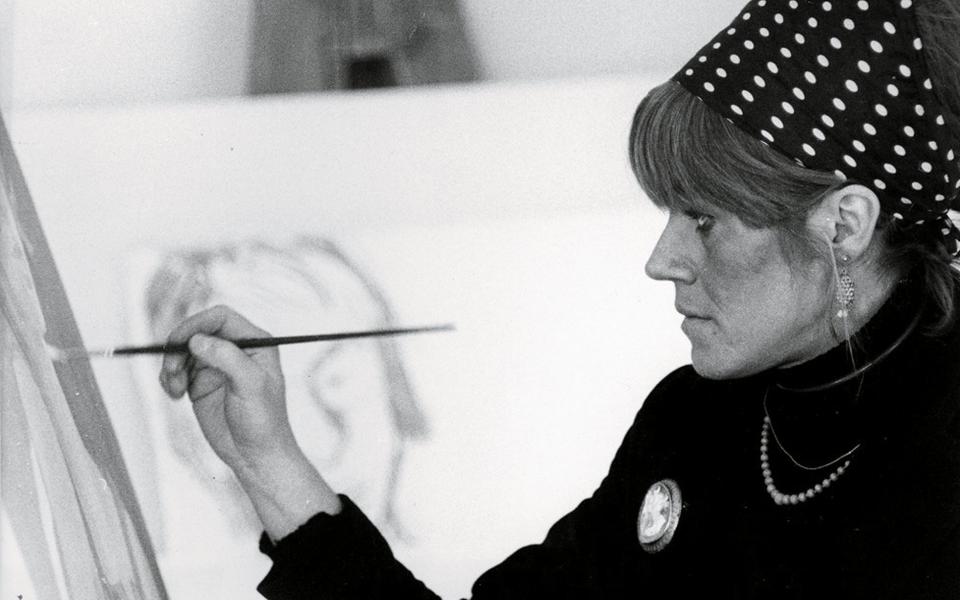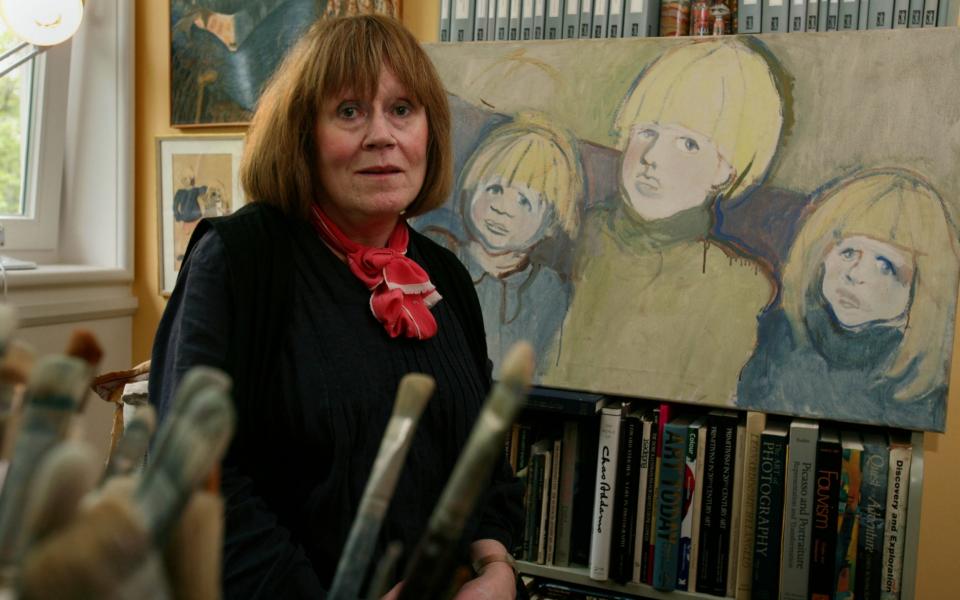Boris Johnson's mother lost her Faberge egg after answering scam ad in the Lady magazine, sister reveals

Boris Johnson's mother was conned by two men who claimed to be antiques-buyers and came into her home and took a precious Faberge-style egg.
Charlotte Johnson Wahl, 74, contacted the men after spotting adverts in The Lady magazine offering cash in exchange for old broken clocks and watches.
But once inside her home they took a miniature Faberge-style egg, a precious family item which has been in the family for a number of generations.
Rachel Johnson, the foreign secretary's sister, described the incident in her weekly newspaper column, and revealed she heard the news after police officers interviewed her mother for two hours last week.

The two men arrived at Mrs Johnson Wahl's London flat, which she lives in with a carer, but apparently were not interested in the watch she wished to sell and asked if she had any other items for sale.
They paid her £200 in cash for a range of cuff links, studs and a broken gold bracelet. She also showed them a miniature Faberge-style egg, containing a lock of hair from a distant relative, but told them it was not for sale as it was a precious family item.
The men also asked if Mrs Johnson Wahl, who is known in her own right as a painter, had any "cheap" paintings to sell, her daughter revealed.
The price of keeping granny safe is eternal vigilance - my column https://t.co/YWSlWKUTWX
— Rachel Johnson (@RachelSJohnson) April 2, 2017
She has a number of celebrity fans - Simon Jenkins, Jilly Cooper, Lord and Lady Bridgeman, and Rachel Billington have all either sat for her or bought her work.
While one of the men dressed in a suit, sat chatting to her, the other roamed the flat taking photographs, Ms Johnson said. After they left, she realised the Faberge-style egg was gone and reported it to police.
The pair were arrested and officers told the Johnson family that they had carried out a string of similar incidents involving elderly people including a 96-year-old woman in her home.
Ms Johnson told the Telegraph the egg had come to her mother from her mother-in-law on the Hungarian side of the family.
Praising the police's handling of the incident, she said: "My mother was amazed by the diligence of the officers and the egg will be returned to her after the court case."

In her column for the Mail on Sunday, Ms Johnson revealed the men had claimed in each case that the elderly people involved had been "vague" and "must have forgotten" that they had in fact sold the items to them.
She said her mother, who is wheelchair bound after being diagnosed with Parkinson's disease at the age of 40, was a "sitting duck" for over the phone and online scams.
She revealed that her mother was once also conned into giving out her bank details, and had been left "very worried" by her recent experience, although her valuable egg will be returned by police.

The journalist warned that older people were at a disadvantage because when it came to issues such as getting competitive gas and electricity rates because customers needed to go through "endless hoops" online or over the phone to secure the best deals.
She added that the Government was "not helping", pointing to its new first new bond which is only offered online.
The market leading bond is due to be launched this month and will be the first by the Government's savings arm, National Savings & Investments, not to let savers apply via post or over the telephone.
Sir Steve Webb, a former pensions minister, criticised the decision, saying that it risked excluding elderly people.

 Yahoo News
Yahoo News 
